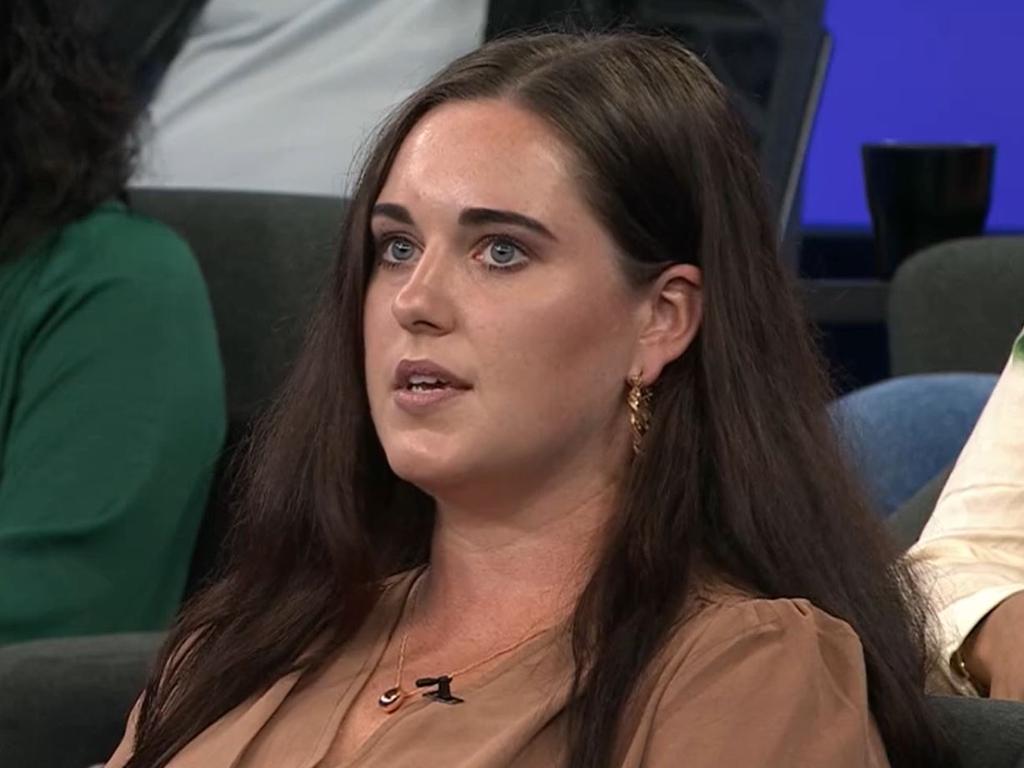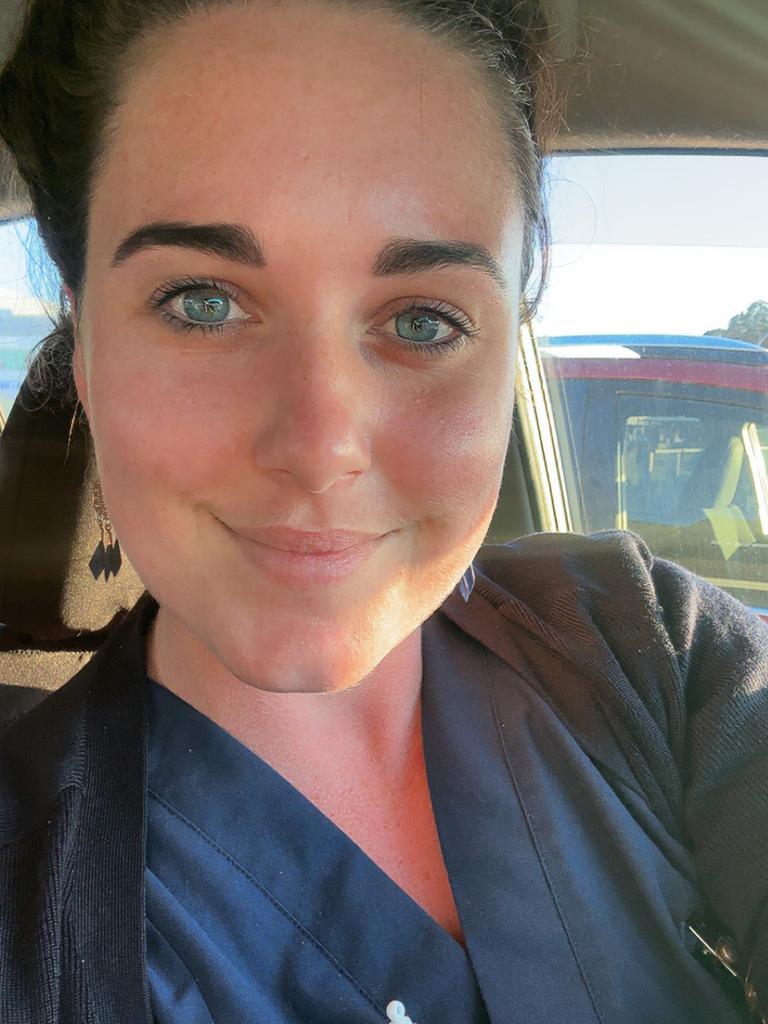‘It’s shocking’: Midwife exposes the true impact of the cost of living crisis
A midwife has exposed the “shocking” reality facing thousands of Aussies right now, saying it is leaving her and others like her with just one choice.
For the more than a decade that Erin Bonett has been able to vote, she has been a traditional Labor supporter.
Now, she just wants to vote for whoever will give her the best chance of survival.
Ms Bonett has been working as a midwife for seven years and, in that time, her quality of living has become increasingly dire due to the relentless cost of living crisis.
The 30-year-old, who will appear on Tuesday’s episode of SBS’s Insight, told the program that her wage has not kept up with inflation “at all”.
“Nurses and midwives in Queensland starting off in their career are paid 18 per cent more than nurses in midwives in NSW,” she said.
“It is actually cheaper to live in Queensland, so it doesn’t really make any sense.”
Because of this, the NSW Nurses and Midwives Association member felt she had no other choice but to move to another state in order to earn a liveable wage.
Ms Bonett has now moved to Mount Isa in Queensland, after previously living and working in Sydney where she was living pay cheque to pay cheque.

She is now earning close to double her previous income, meaning she can finally start thinking about saving for a home.
But her decision to move in a bid to achieve the ‘Australian Dream’ has come with significant sacrifice.
Speaking to news.com.au, Ms Bonett revealed most of her family lives on the NSW Central Coast, more than 2000km away from where she is now residing.
“I feel like I’m having to leave them behind to go and do what I need to do,” she said.
“I came up here by myself, so I feel like I’m just starting again. I’ve definitely left behind a lot of people that I love.”
When Ms Bonett decided to go to university to study midwifery, she was confident her choice in career was a solid one.
Her mum worked as a nurse, she knew she was going into a respected profession and assumed she would be paid accordingly. She was also single and had no children, so earning a liveable wage shouldn’t be too much to ask for, right?
“I was quite naive,” she said.
“The cost of living just kept going up, and our wages didn’t move.”


Her colleagues and other people in the industry that she speaks with are feeling the same, unrelenting financial pressure.
“Nobody ever expected to be struggling this much in a profession where we had to go to university and learn, and where we deal with life and death every day,” the 30-year-old said.
“We are struggling, and it’s just shocking.”
At this point, Ms Bonett believes the government needs to step up and do something to help the tens of thousands nurses and midwives who are struggling to keep their head above water.
“The government really needs to offer us something, any government, and we’re all going to vote for them. It’s our only choice at the moment. We need to be able to live,” she said.
“Everyone I know in my profession is struggling. If any government were to put forward a decent offer of a pay increase for us, then we are going to probably go that way.”
According to leading economist Evan Lucas, the cost of living is the issue that will decide this year’s federal election.
Appearing on Tuesday’s episode of Insight, he said, this is the first time since basically the post-second world war period that the cost of living is the most important issue on the table.
“Being an incumbent right now is death. If you look around the world, first term governments are falling everywhere. On what reason? The cost of living,” he told the program.
As we head into the election, Gen Z and Millennials will outnumber Baby Boomers at the polls, with the former group representing close to 50 per cent of voters and the latter about 33 per cent.
This will undoubtedly have an impact on the election, however, Mr Lucas noted it may not be the one people assume.
“Traditionally, those groups would lean progressive, but the polls are showing they’re starting to switch, and not necessarily to the Coalition. They’re switching out. We have never had a larger amount of Independents … sitting on the crossbench,” he said.
More Coverage
He noted that in the betting markets, the Coalition are ahead, but he predicted if they do get in, it will likely be on a minority government.
“Millennial and Gen Zs, they are not traditional and, although they are changing, they are not changing or flipping their vote to traditional parties,” he said.
The Insight episode Tough Time$ will air at 8.30pm AEDT on Tuesday March 11. You can watch the episode on SBS or live on SBS On Demand.






